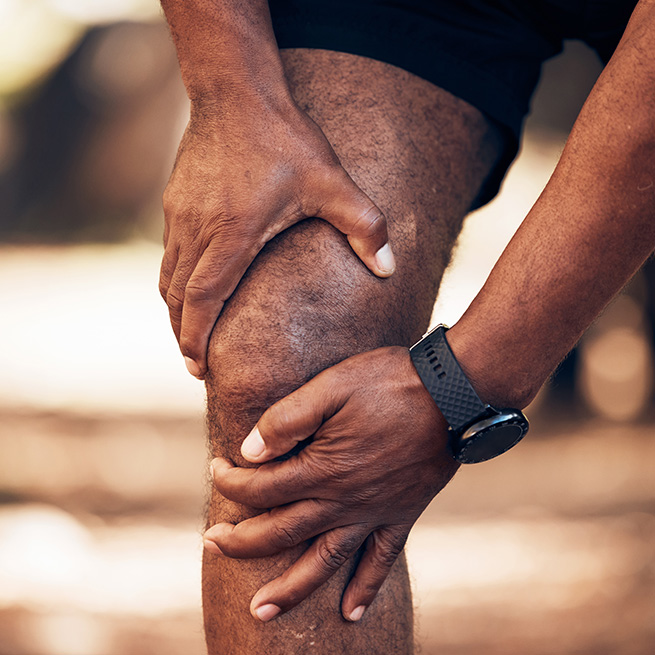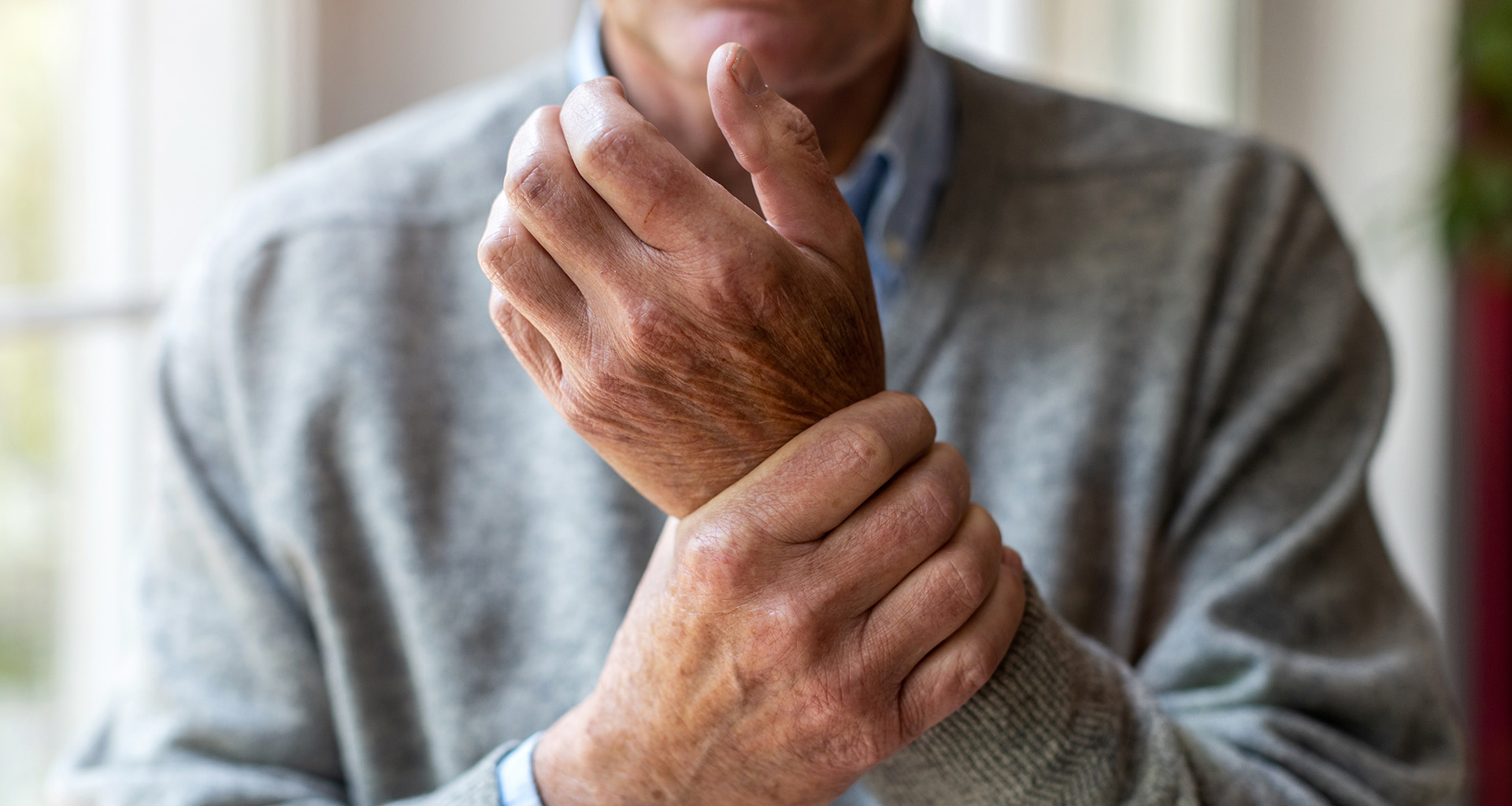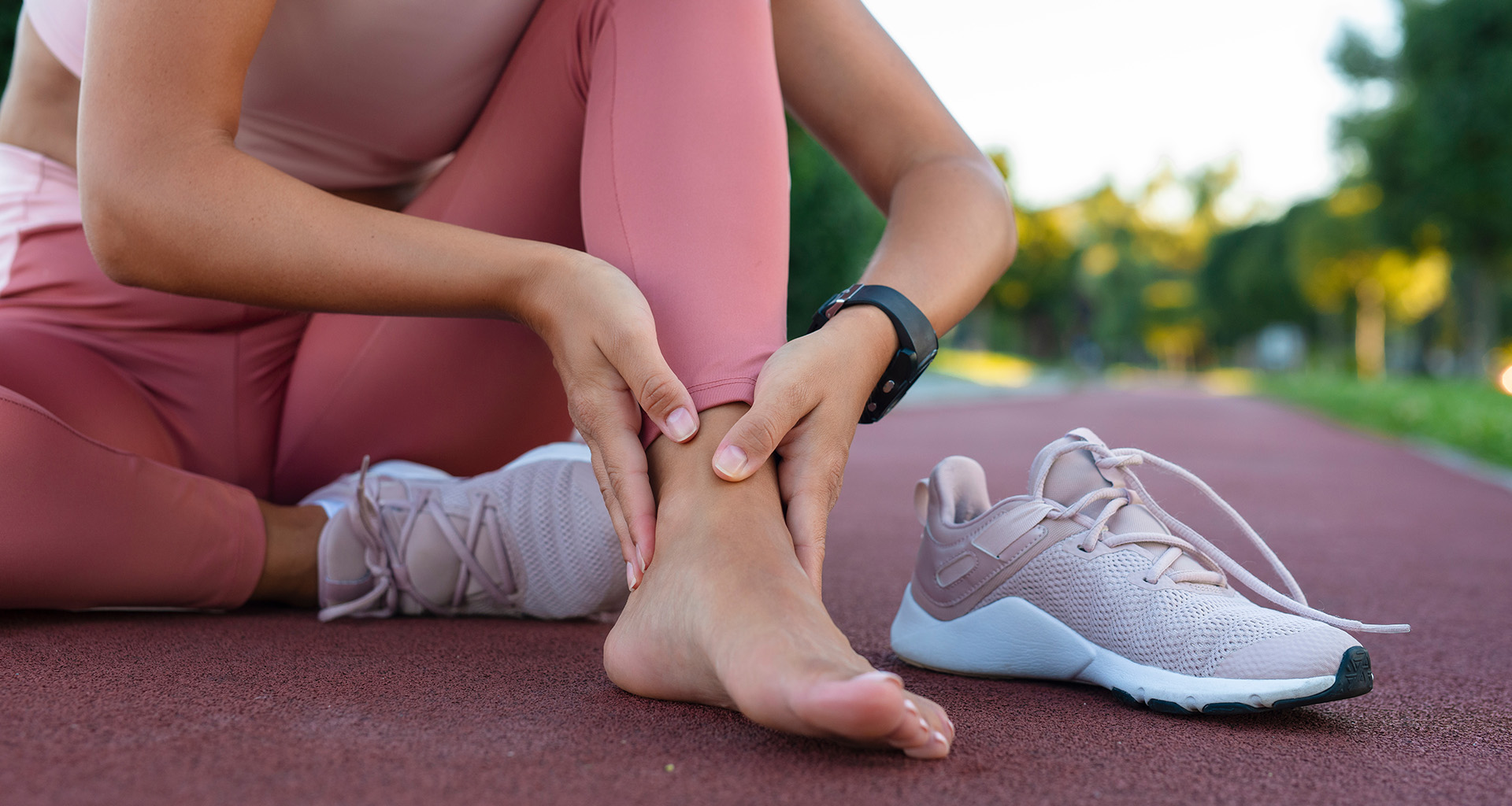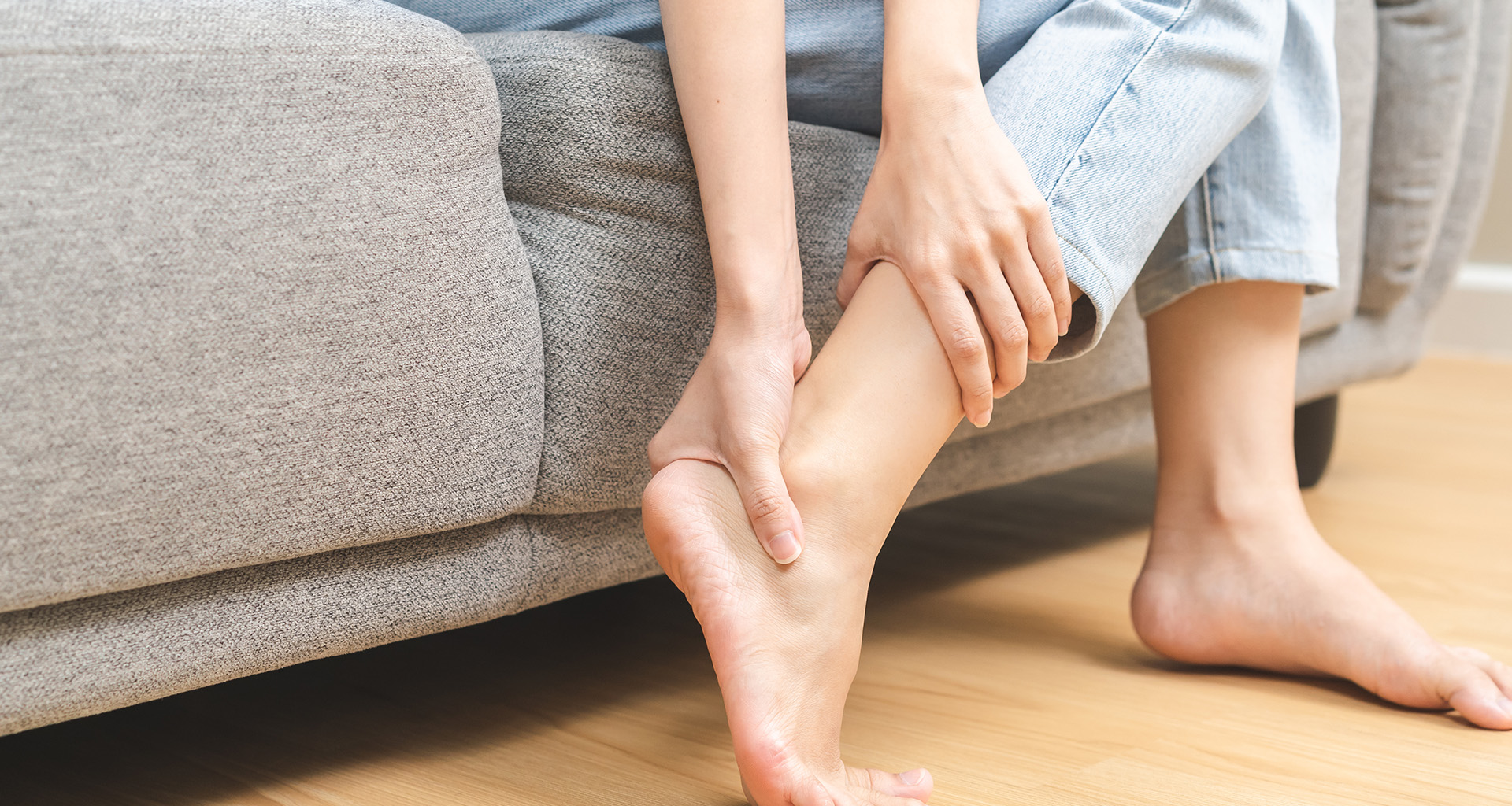Physiotherapy
for Knee Pain
Knee Pain
Overview
Knee injuries can be caused by a number of factors including trauma, overuse and degeneration. The two most common types of knee pain are patello-femoral pain syndrome and knee osteoarthritis. Patello-femoral pain syndrome is a condition in which the cartilage under the kneecap is damaged due to overuse or injury. Osteoarthritis is the most common form of arthritis in the knee. It occurs where the articular cartilage, which is the lining of the bone surface, begins to diminish in size. This results in changes to the joint surface, which in turn can cause an inflammatory reaction leading to pain and swelling.
Acute knee injuries most commonly occur when playing sport or after a slip or trip. These injuries may cause damage to ligaments or the meniscus such as anterior cruciate ligament or meniscal strains or tears. The four main ligaments of the knee are the Anterior-cruciate ligament (ACL), Posterior cruciate ligament (PCL), Medial lateral collateral ligament (MCL) and the Lateral collateral ligament (LCL). These ligaments provide stability to our knee joint. The meniscus is cartilage that sits between the surfaces in the knee joint and helps it to distribute force and allow different surfaces to move without friction.

Signs & symptoms of Knee Pain
Common causes of knee pain include ilio-tibial band syndrome, patellofemoral joint syndrome, chondromalacia patella, Osgood Schlatter’s disease and fat pad impingement, all of which can be successfully treated.
- Swelling and stiffness
- Typically in the front of the knee, during the night or at rest
- Deformity of the knee joint
- Inability to straighten, flex or bend the knee
- Sharp shooting pains when using the knee
- Constant aching of the knee
- Popping, clicking, grinding or crunching sounds
- Aggravated by going up or down stairs, kneeling, squatting or sitting with knees bent.
How Physiotherapy can help you?
Most importantly our Physiotherapist’s can provide you with a diagnosis. They offer a range of treatments that are tailored to meet your individual needs to assist you in getting back on track safely and quickly.
These may include;
- Pain relief which may include massage, joint mobilisations and stretching
- Muscle strengthening of the muscles surrounding the knee joint
- Activity modification strategies
- Increasing range of motion, flexibility and mobility of the knee joint
- Bracing or strapping
- Reducing inflammation
- Providing structured tailored exercise plans
- Rehabilitation after surgery
If you are experiencing knee pain, have sustained a knee injury or require assistance with rehabilitation please make an appointment with one of our friendly Physiotherapists. We will provide you with a thorough assessment to determine an accurate diagnosis, enabling what we deem as the appropriate treatment to commence for your injury problem.
Book An Appointment
Organise an appointment with our highly
experienced and qualified physiotherapists.









